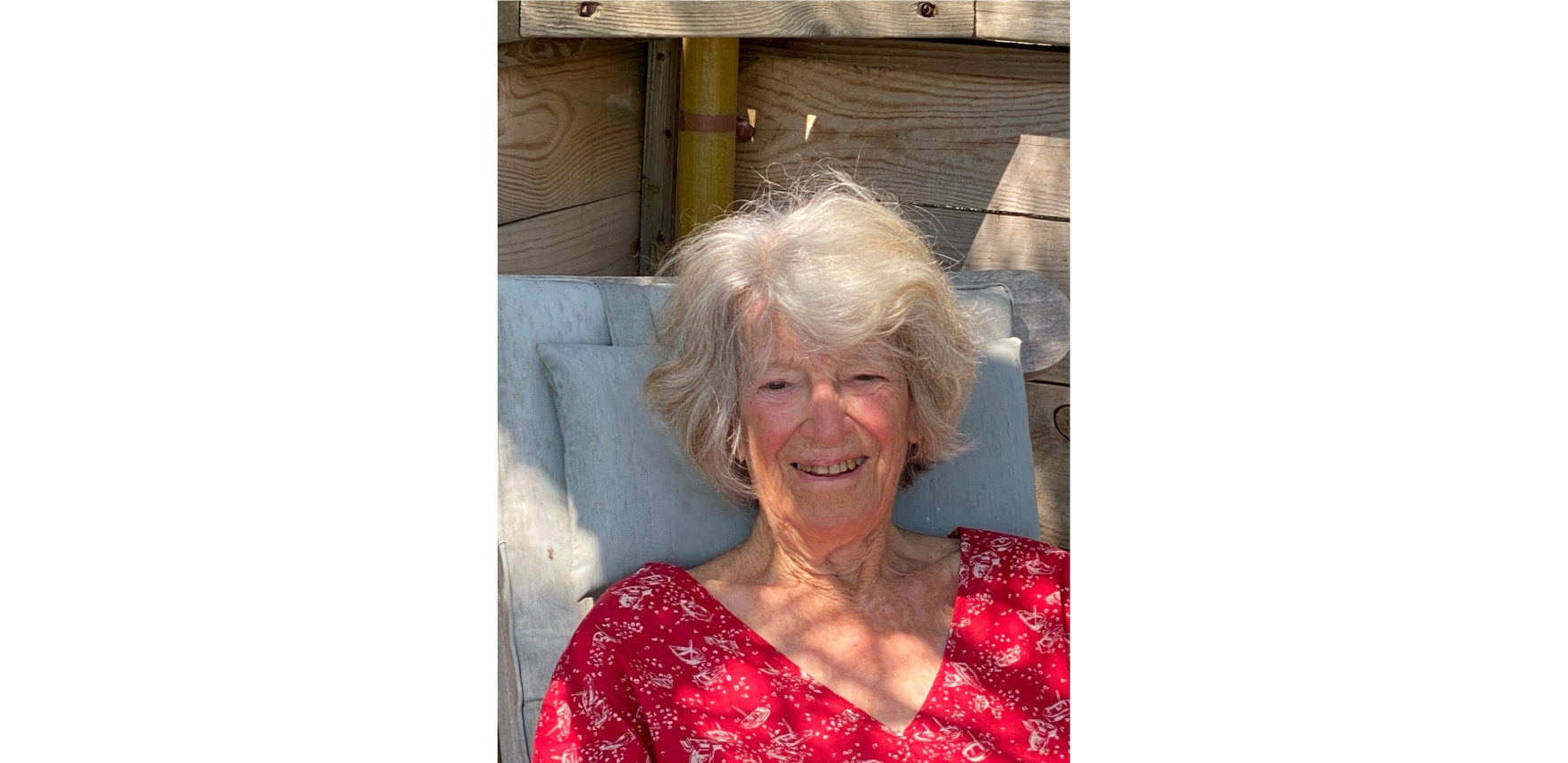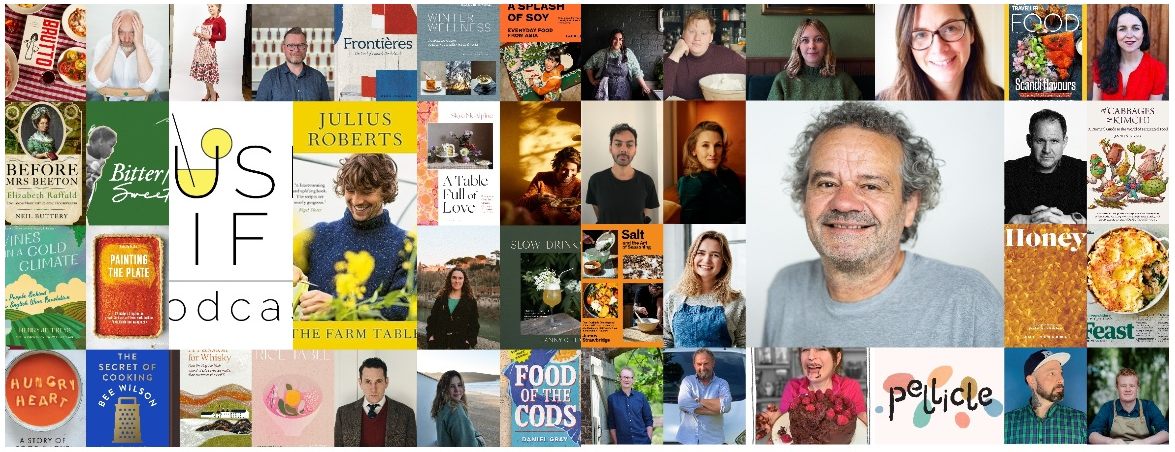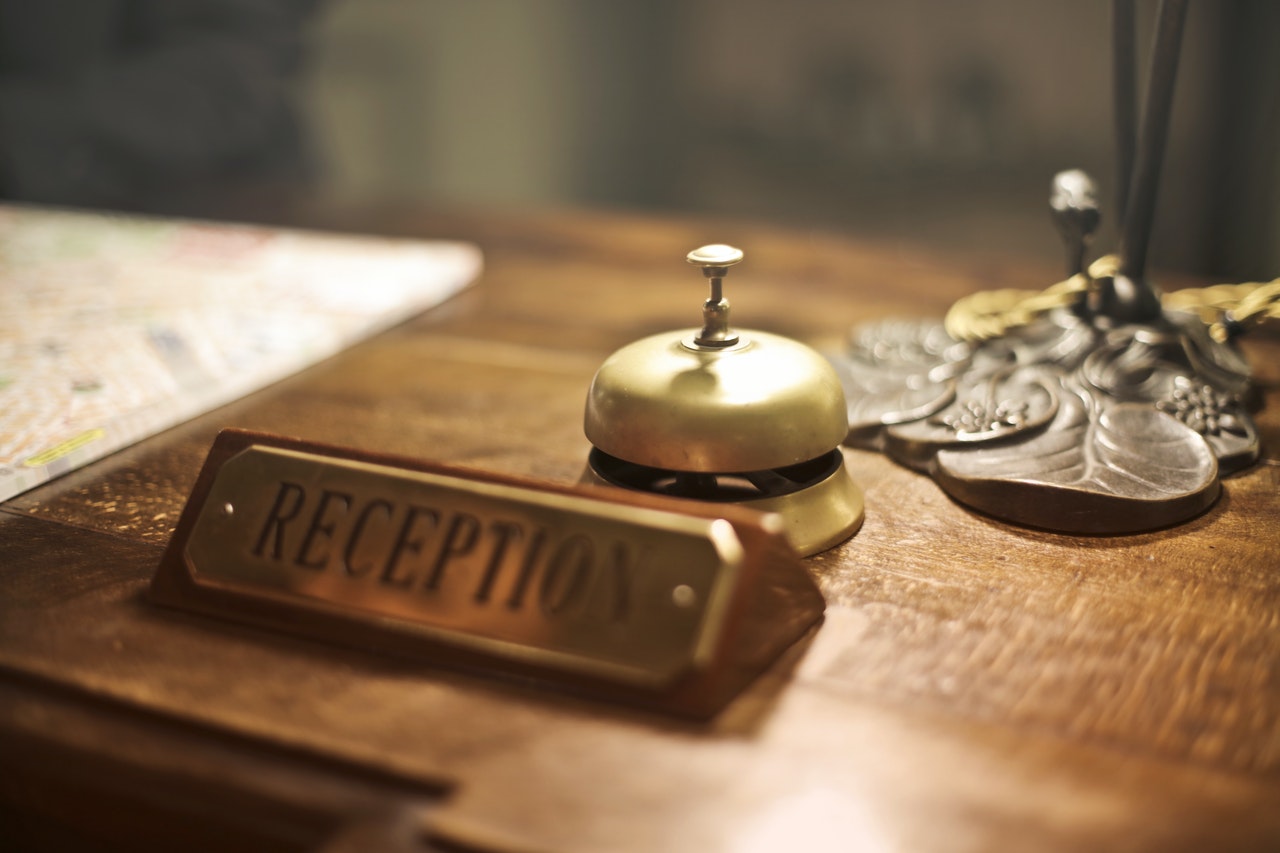Five minutes with… Susan Campbell
Photograph: María José Sevilla
1) How did you come to be associated with the Guild, and when?
Although I had by then written some half-dozen cookery books and a good many articles, it was not until 1986 that I felt bold enough to apply for membership of the Guild. It was then quite new, and much smaller than it is now, and most of its members were Really Famous cookery writers, so I felt somewhat audacious in hoping to join them, and thought I would never be accepted. However, they must have been keen on raising the numbers, and thus I got in.
2) Has the Guild had an effect on your writing career, and if so, how?
Oddly enough, I don’t think the Guild has affected my writing career to any extent, but when I became a member of its committee, and later its chair, it was the Guild that released my rather ferocious campaigning instinct. This was at the end of the 1990s, when the committee was looking for a way of celebrating the arrival of the 21st century. I hit upon the idea of doing something to enlighten, via cookery, a group of people that was way beyond the Guild’s rather middle class, comfy, Aga-centric radar, namely, Youngsters in Trouble. The agency for this was a charity called Fairbridge, which had centres all over the UK for young people with problems such as drug-taking, self-harming, thieving, dropping out of school, homelessness etc. The centres provided empathy, discipline and guidance through their problems via drama, music making and outdoor activities such as football, camping, sailing and climbing, with the aim of helping them to gain independence and a healthier life, but no attention was paid whatsoever to food. None of the centres had kitchens and most meal breaks, both for staff and clients, consisted of walking about with pot noodles and cans of Coke. It’s too long a story to go into here, but I’m really proud of the way a number of Guild members rose to the challenge and volunteered to work at these centres, helping to set up kitchens and donating equipment, teaching these young people (and their mentors) how to do intelligent shopping, budgeting, cooking, and even laying a table so that they could sit down and eat together.
3) I wonder if you’ve seen a lot of changes in the food world, and the food writing world, in your years in the business? Could you describe some of them for us?
Of course there have been changes; I started writing about food in the early ‘70s when cookery books for people with small budgets and growing families were virtually the same as those rather simple tomes written for such people before the war. We were just beginning to eat things like borscht, taramasalata, kebabs and chili con carne, so by including recipes for them in my first book (Poor Cook, written with Caroline Conran) we were doing something incredibly new. Now, living out of London and far away from its exotic food shops and markets, I am totally bewildered by the plethora of ingredients available today, and shamefully ignorant of how to use most of them.
4) What is the single *funniest* memory of your food career?
Apart from a rather rude one connected with Jeremy Round, which I related on the GFW Food Forum some time ago, I can’t think of any that are polite enough to publish.



